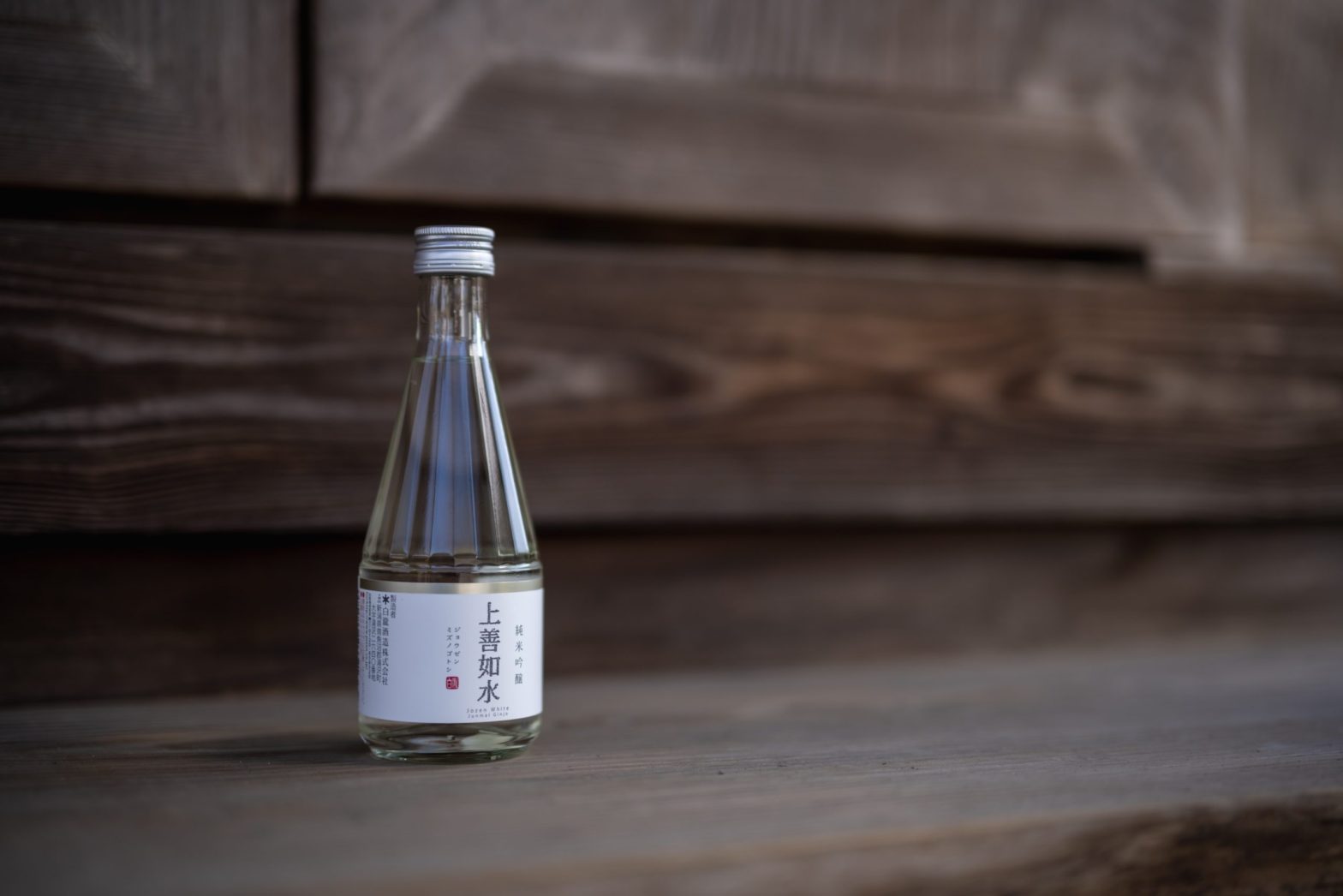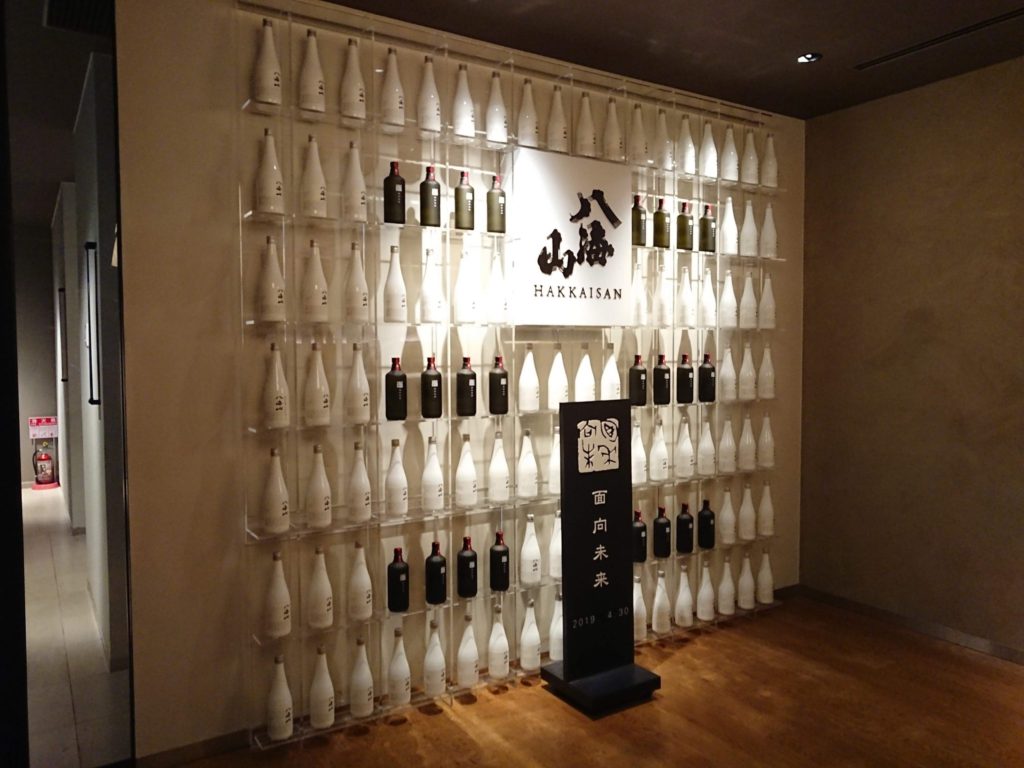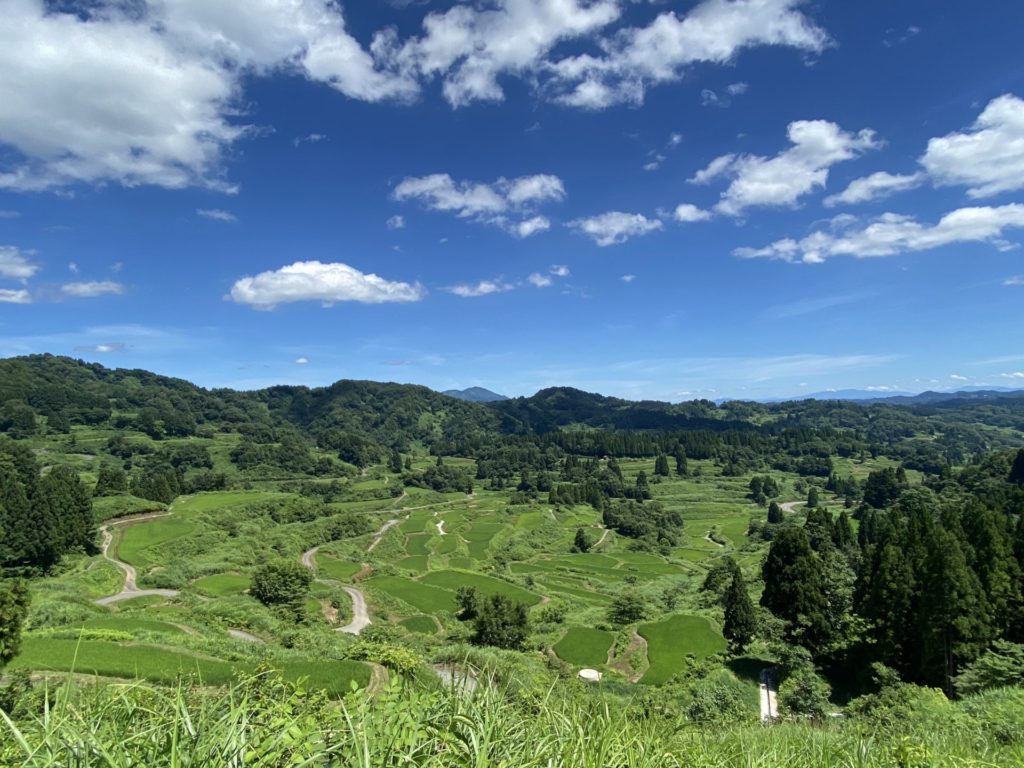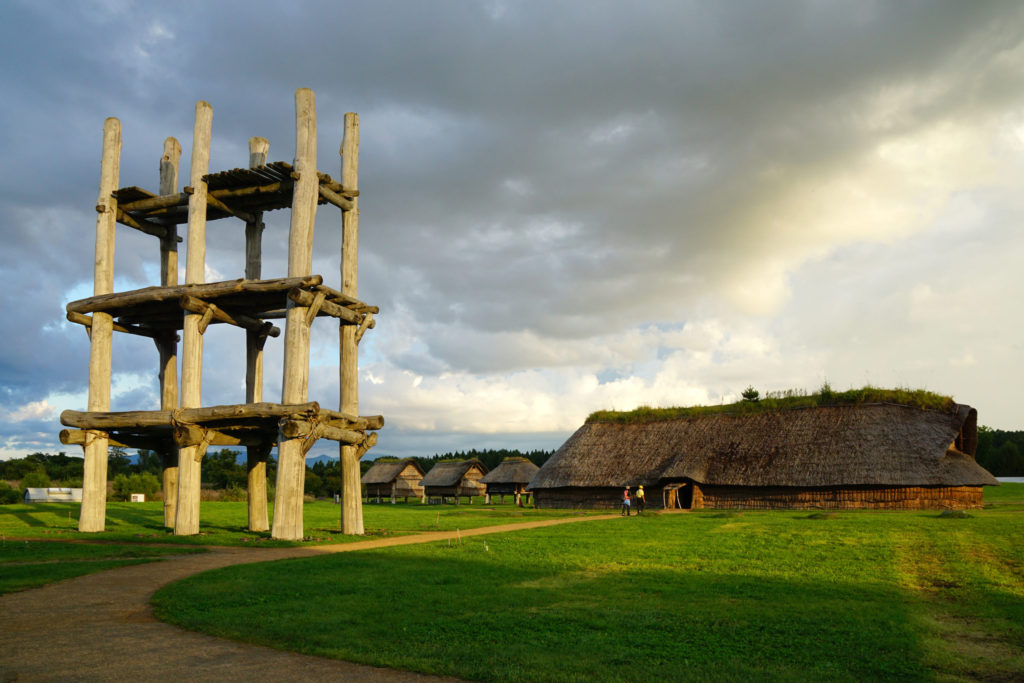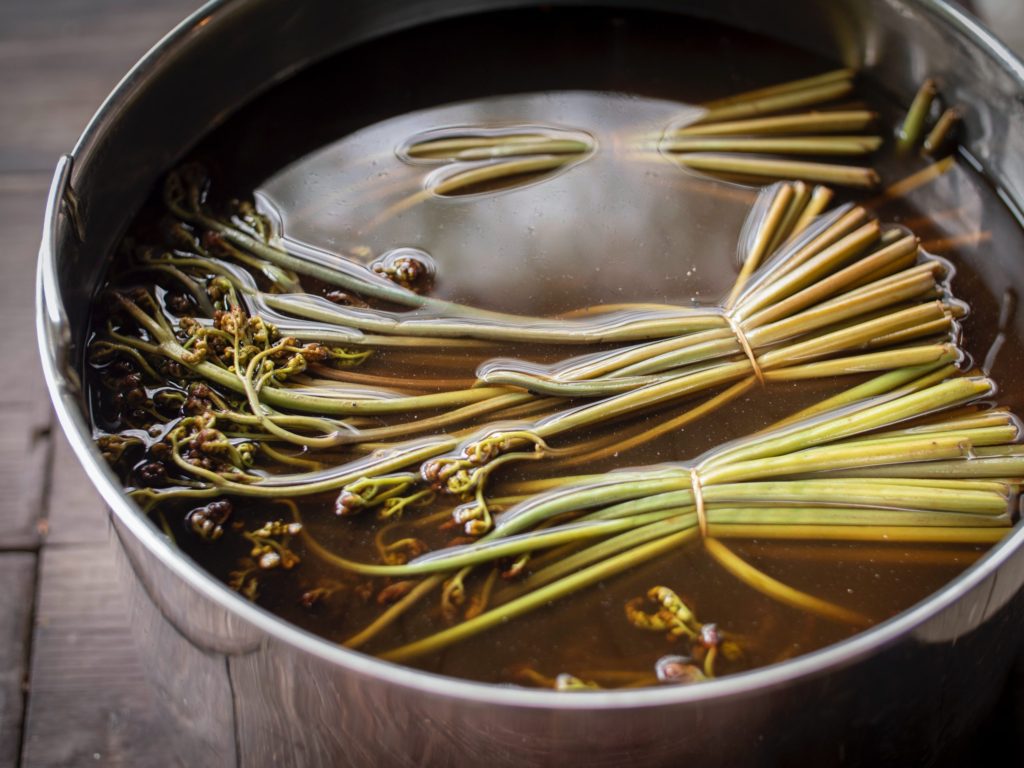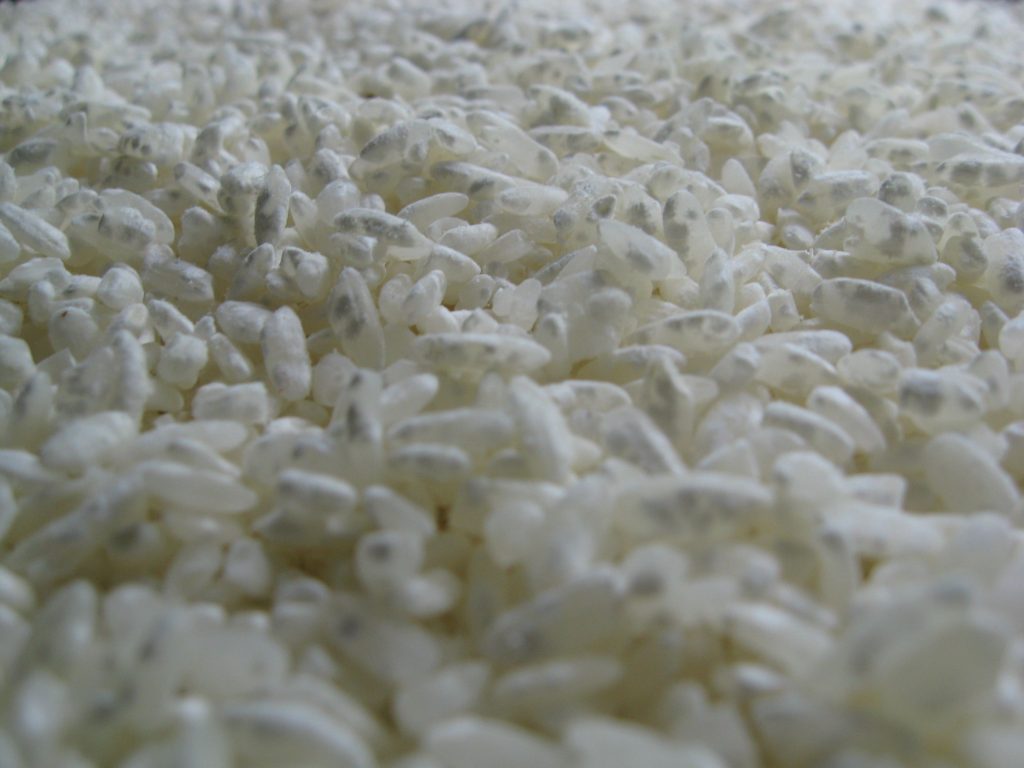Find out the secrets behind why sake from snow country tastes so good.
Abundant snowmelt water
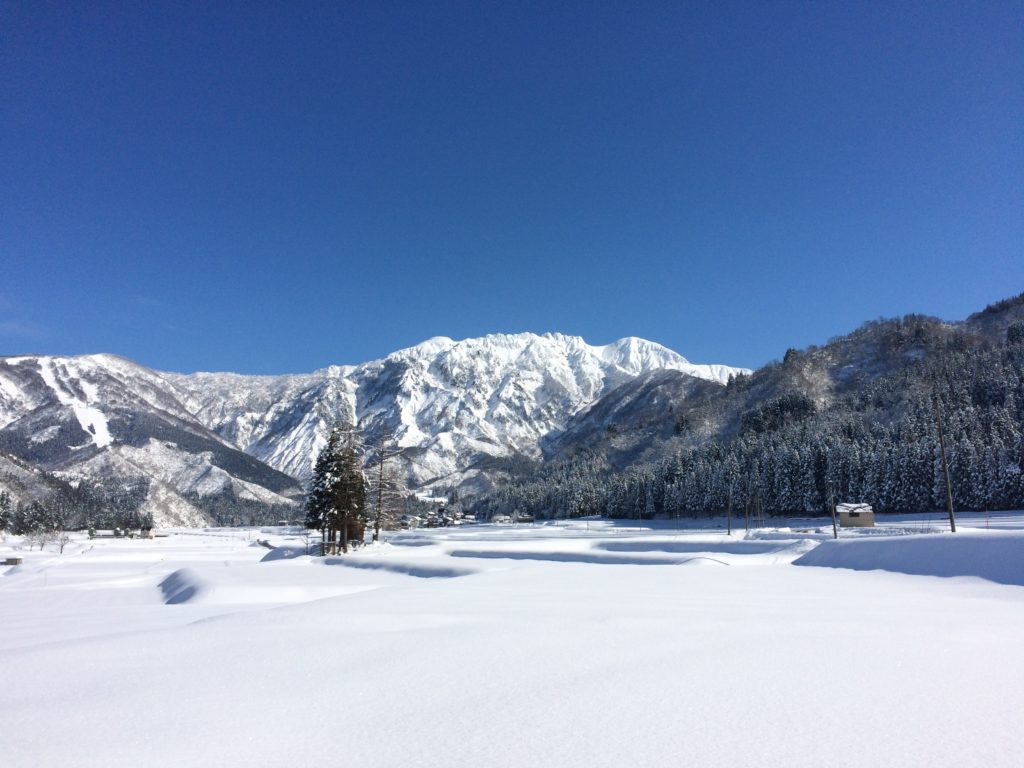
The main ingredients for sake are rice, rice koji, and water. Of these main ingredients, water accounts for about 80%.
The taste of the rice also depends on the water, so the quality of the water is very important for sake.
In areas where there is a lot of snow, a lot of snow melt water is produced in the spring and flows into the rivers. This melt water becomes "soft water" and creates the unique taste of sake from snow country.
Hard Water vs Soft Water
There are two types of water: soft water and hard water.
The difference is simply how much calcium and magnesium is in the water, and whether it is hard water or soft water.
Here's definition of soft water and hard water according to WHO.
Hardness is most commonly expressed as milligrams of calcium carbonate equivalent per litre. Water containing calcium carbonate at concentrations below 60 mg/l is generally considered as soft; 60–120 mg/l,
Hardness in Drinking-water Background document for development of WHO Guidelines for Drinking-water Quality
moderately hard; 120–180 mg/l, hard; and more than 180 mg/l, very hard
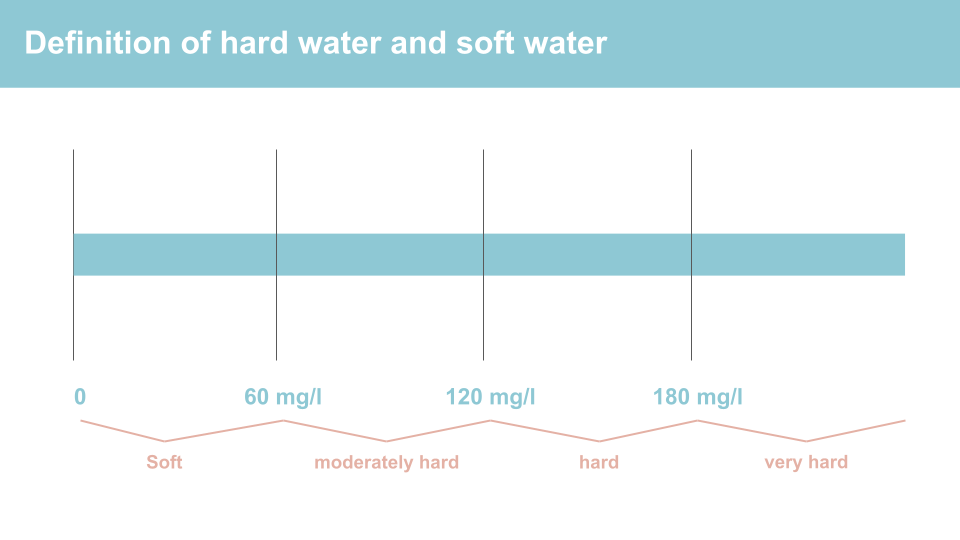
moderately hard; 120–180 mg/l, hard; and more than 180 mg/l, very hard according to WHO
Soft water is characterized by its low mineral content, including calcium. Since soft water is more common in snow country, it is said to produce a characteristic sake taste.
Rice cultivation in snow country
As the snow melts in the spring, the abundant snow melt water moistens the fields and helps the rice grow well. The snow provides the perfect environment for rice and sake production.
Cleaning the air with snow
As the snow falls, it absorbs the dust in the air and wraps up the dust and particles in the air, making the air cleaner.In addition, the low temperature of the snow prevents the growth of bacteria and stimulates the work of microorganisms such as koji mold and yeast.
Reference:
米、雪、水、技、人。新潟の日本酒がおいしい理由
新潟の地酒 かじや
千代の光酒造株式会社

